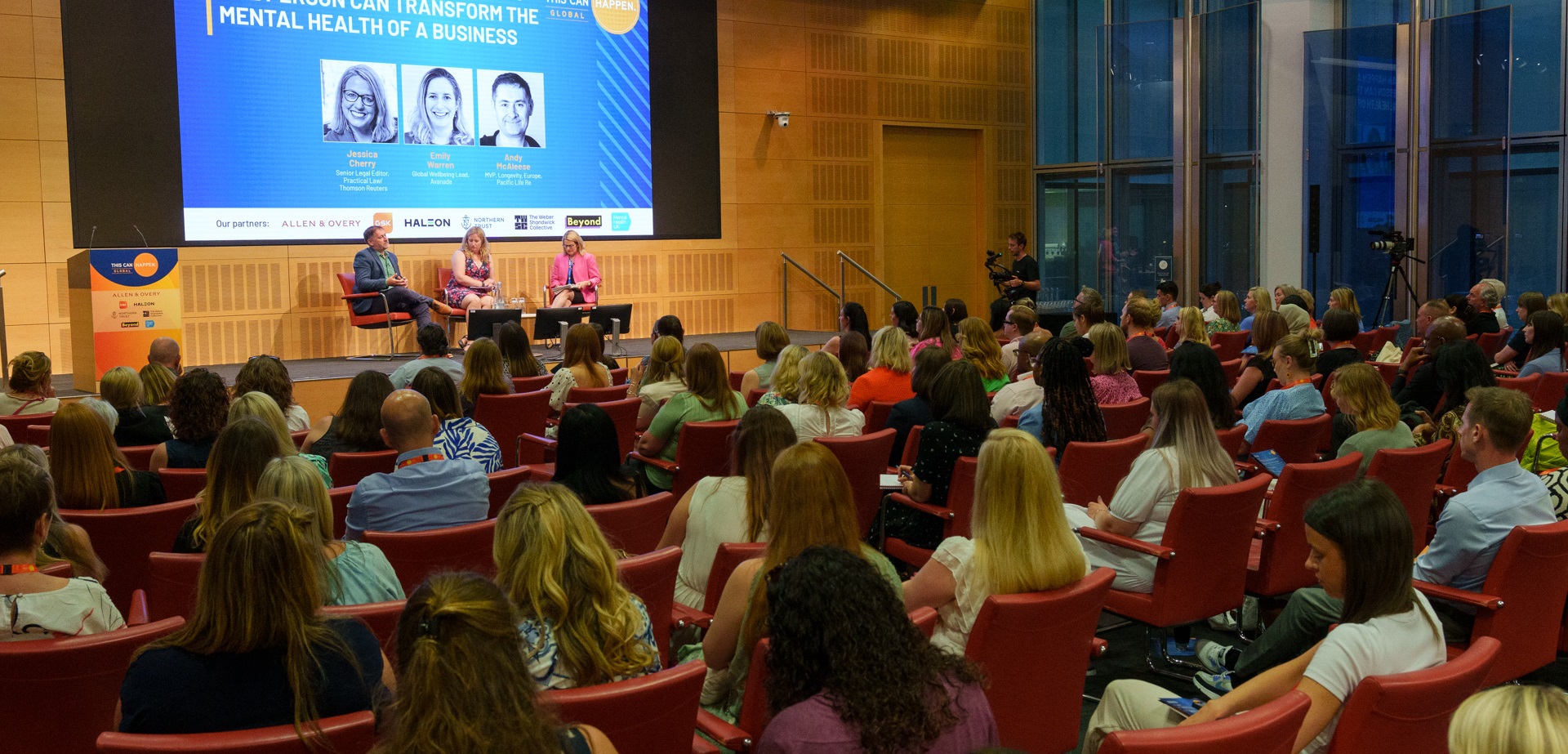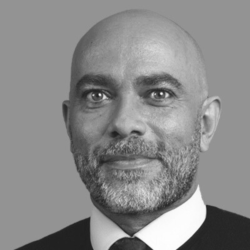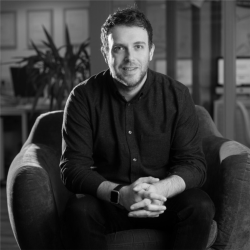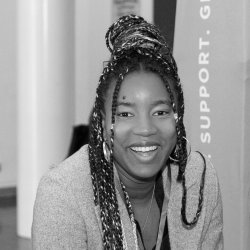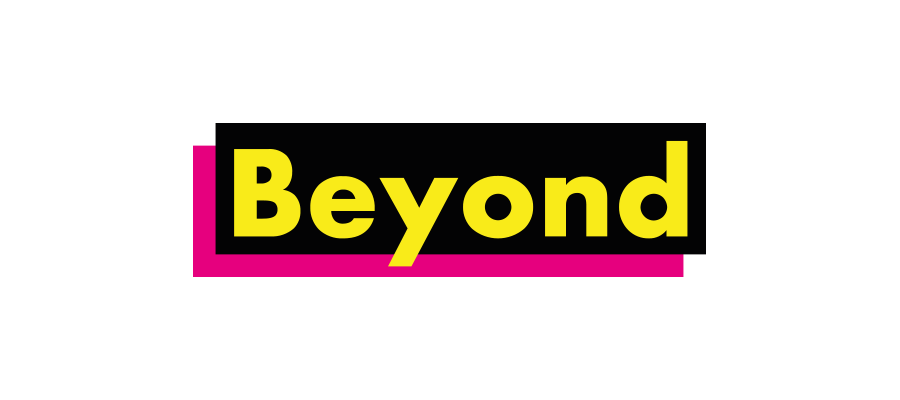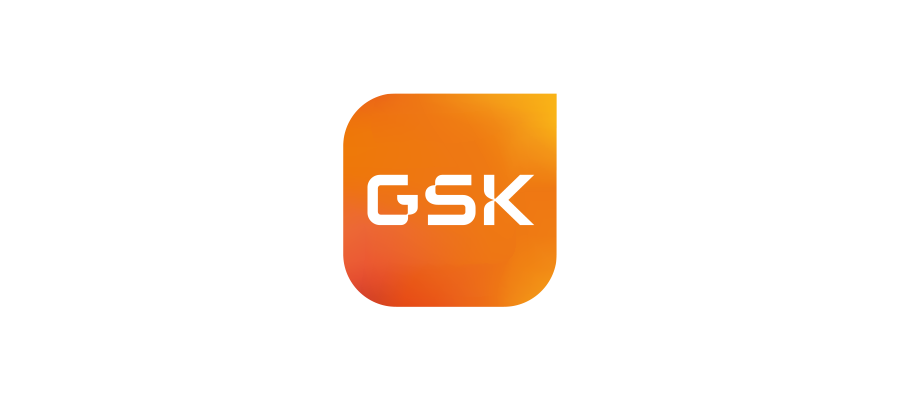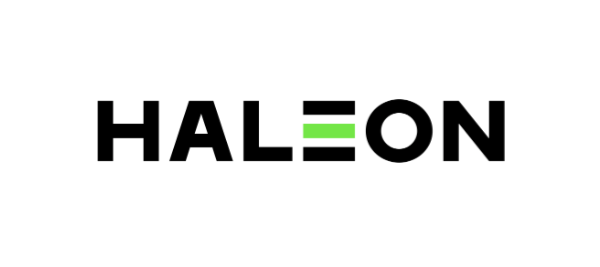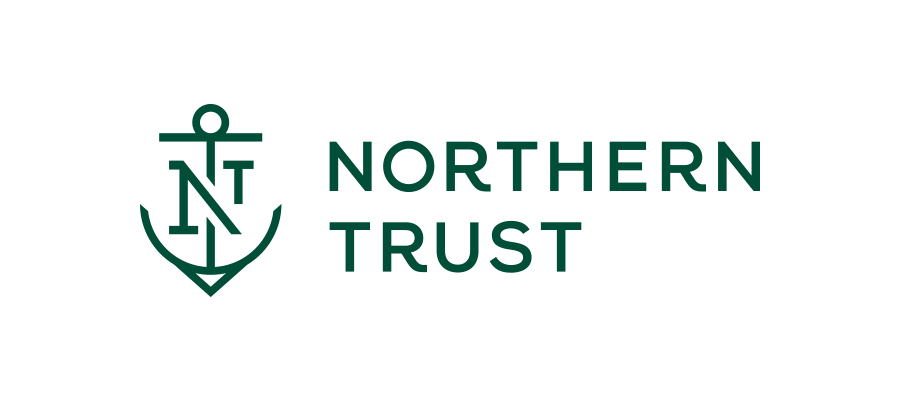Diversity, equity and inclusion is currently a very hot topic. This panel looked at how inclusivity and wellbeing intersect, and highlighted whether inclusion can be a driving force for supporting employee mental health in the workplace.
In this session, we placed a spotlight on trauma, highlighting what it is, how it impacts mental wellbeing at work, and how employers can best support their staff in this space. The discussion showcased learnings from within Blue Light Services specifically, sharing cross-sector learnings for corporate workplaces.
Businesses who proactively plan for mental wellbeing for one, two or even three years ahead are setting themselves up for success, but given the turbulent times that we live in, how can these strategies also be reactive to employee needs? In this 1:1 conversation, we looked at how businesses can proactively plan to support their staff, whilst building in ‘reactive flex’ to support their wellbeing in times of political and economic instability.
According to a recent study, 40% of adults with chronic pain have clinical symptoms of depression or anxiety (JAMA Network Open). This panel shone a spotlight on chronic health challenges in the workplace, raising awareness about why these employees might need support with their mental wellbeing, and how employers can manage the peaks and troughs of their employees’ health over time.
Coercive control is a form of abuse that can involve threats, humiliation and intimidation – and cases are on the rise. ONS recently reported 43,774 offences of coercive control in the UK, an increase from 33,954 in 2021. In this session, we looked at what manipulation and coercive control entails, the huge mental wellbeing toll it can leave upon victims – and how workplaces can recognise warning signs to offer support to their staff.
This session focussed on fertility and mental wellbeing in the workplace, sharing insights from our most recent research.
In 2022/23, 37% of women and 30% of men reported high levels of anxiety in the UK (Mental Health Foundation). Despite the prevalence of anxiety across the workforce, employees living with anxiety or panic attacks often feel concerned to share their lived experience and get the support that they need. This panel aimed to tackle this stigma, sharing powerful lived experience of anxiety and panic attacks to provide real-life examples of how employees are impacted in the workplace, and how their employers can step in and step up here.
New research suggests that 98% of Gen Z employees are battling the symptoms of burnout (Cigna), whilst another report shows that almost a third of staff aged 55+ have taken time off sick with poor mental health in the past year (Unmind). Mental wellbeing is universal, and this panel spotlighted a variety of perspectives to show the mental health challenges impacting the workforce across all ages, and highlighted how businesses can offer nuanced support to meet their needs.
As the world looks back at the first year of the COVID-19 pandemic five years ago, we can also see this as the time that employee mental wellbeing truly became a priority for businesses around the world. Now, five years on – what does a mental health strategy look like in 2025, how has this evolved and what should it contain? This panel took a deep dive into this, looking at elements like strategic priorities for workplace mental wellbeing this year, and how to continuously drive impact and engagement with this in fresh ways.
